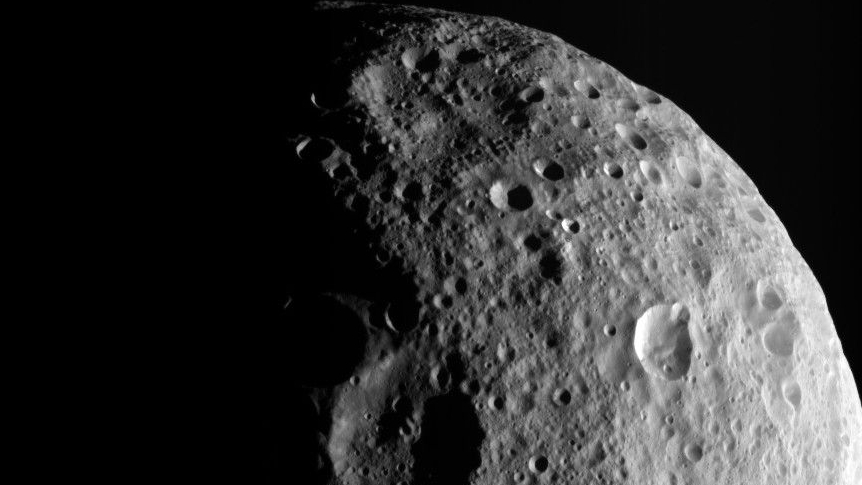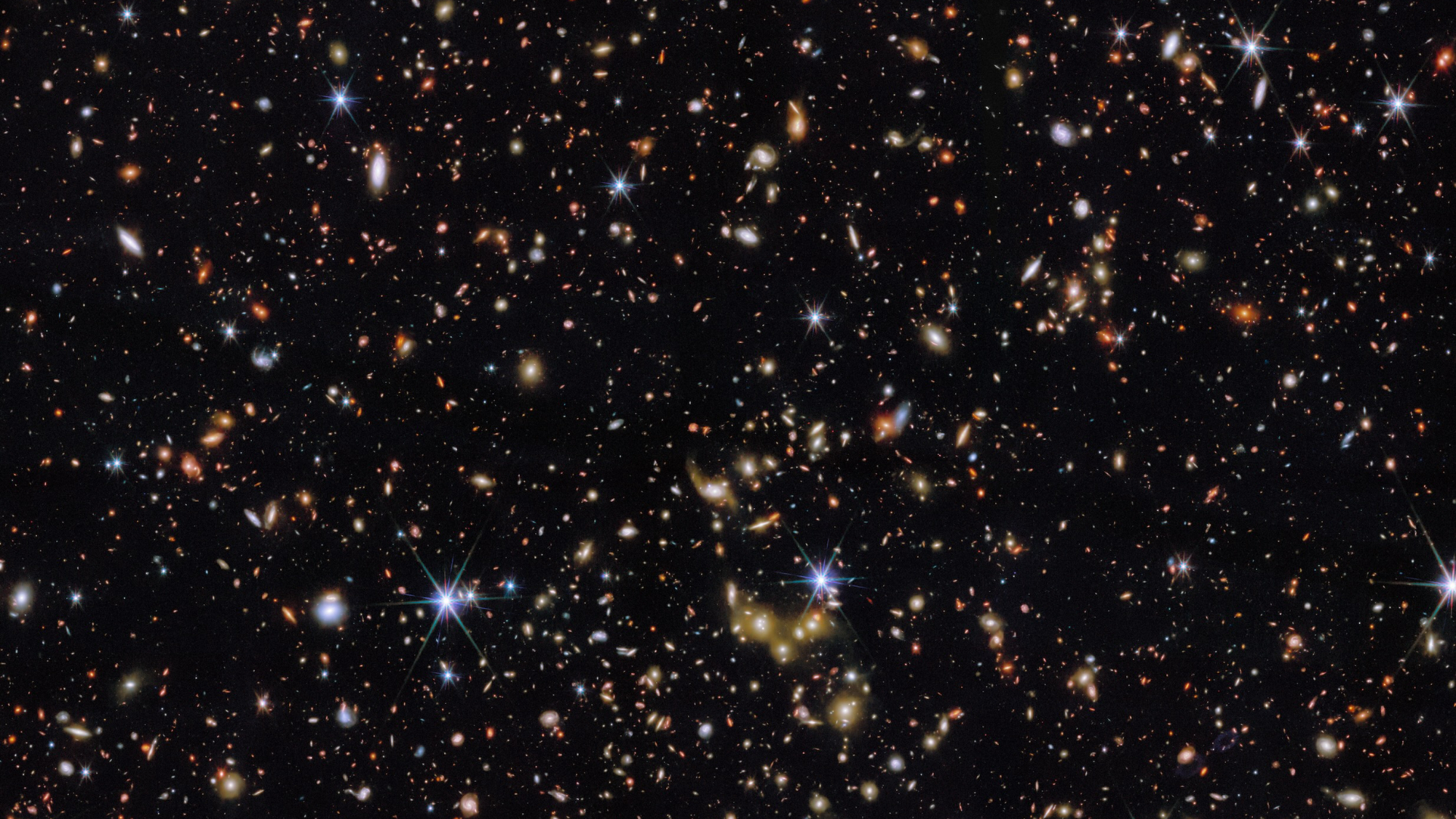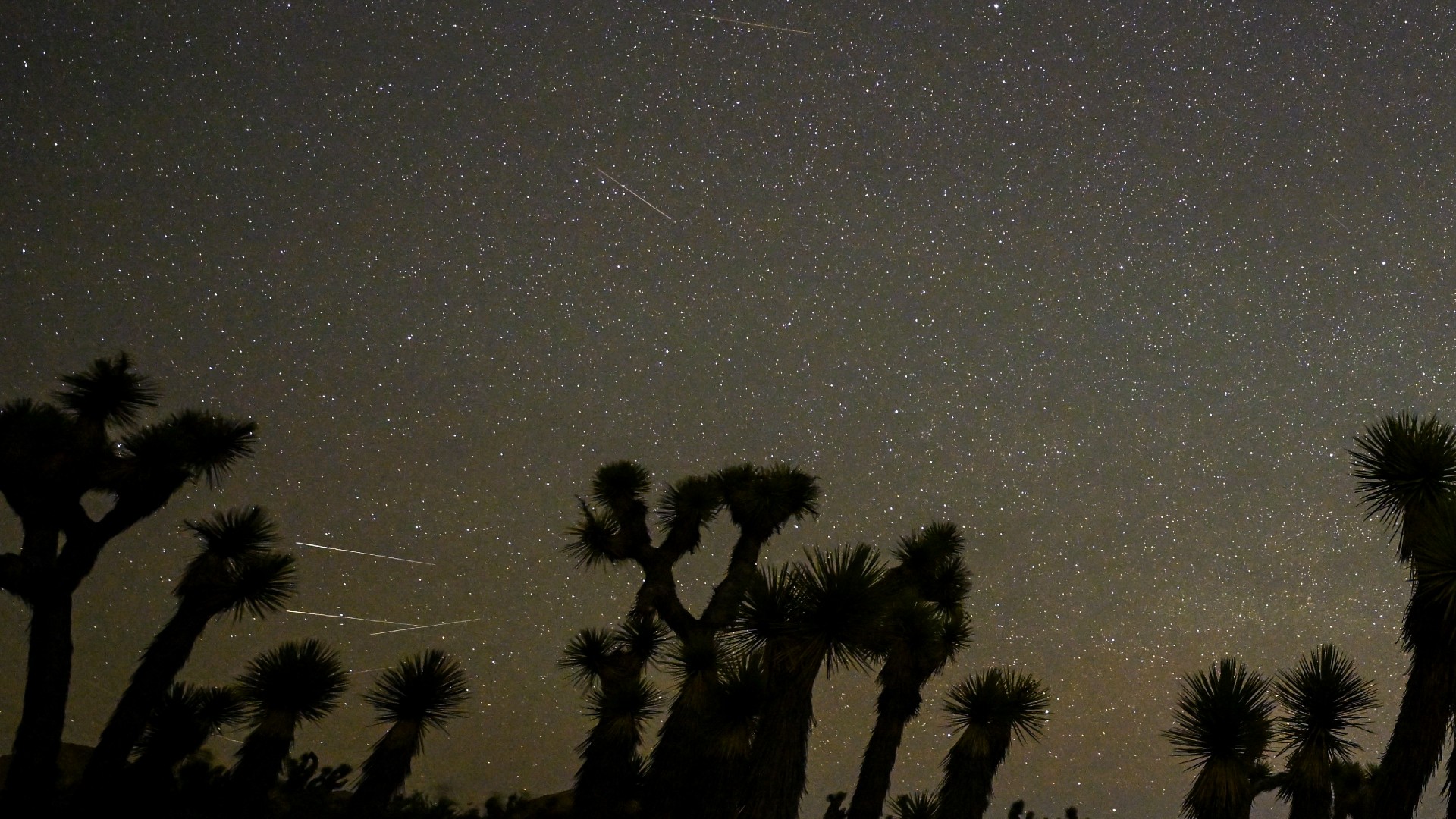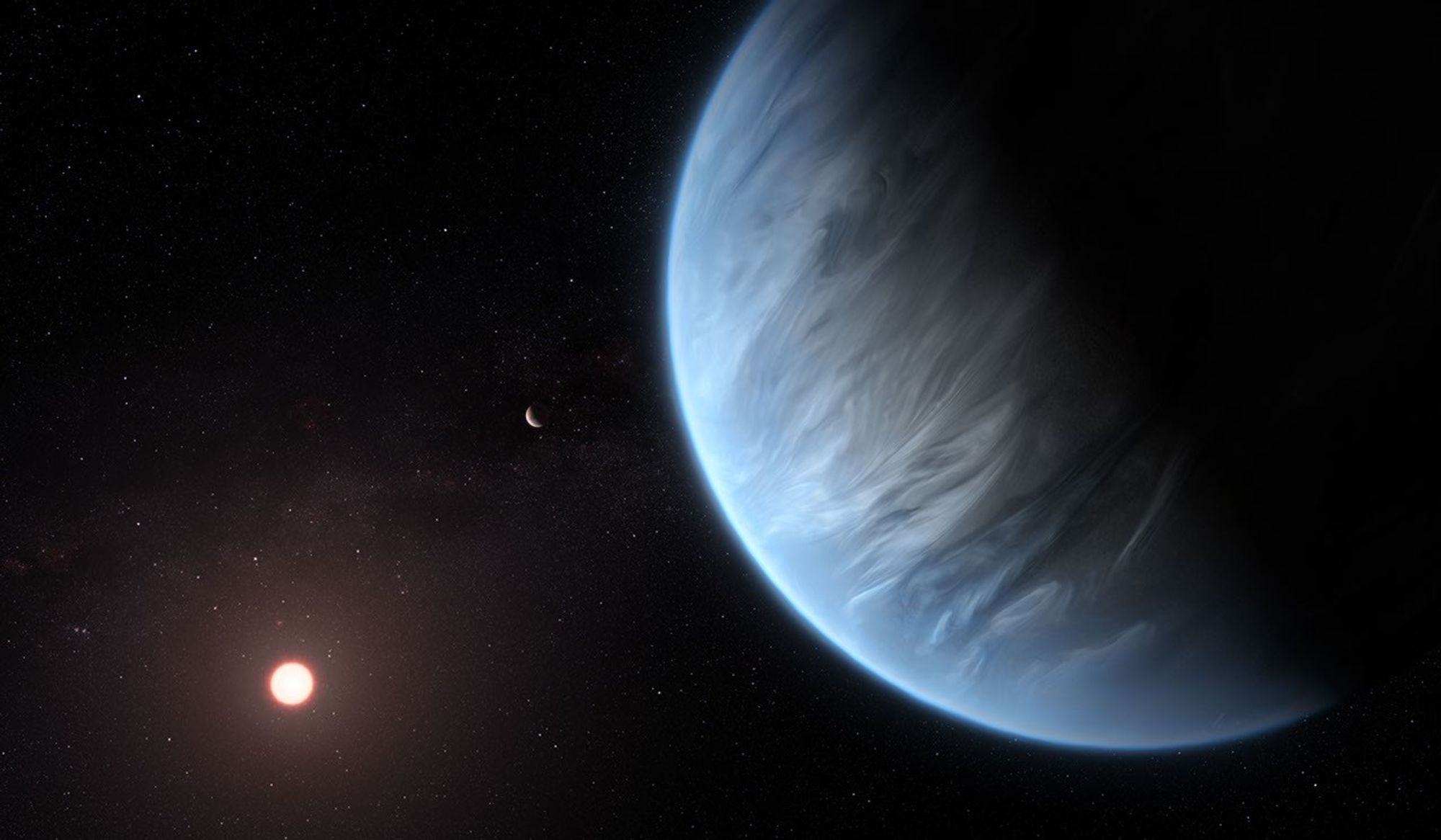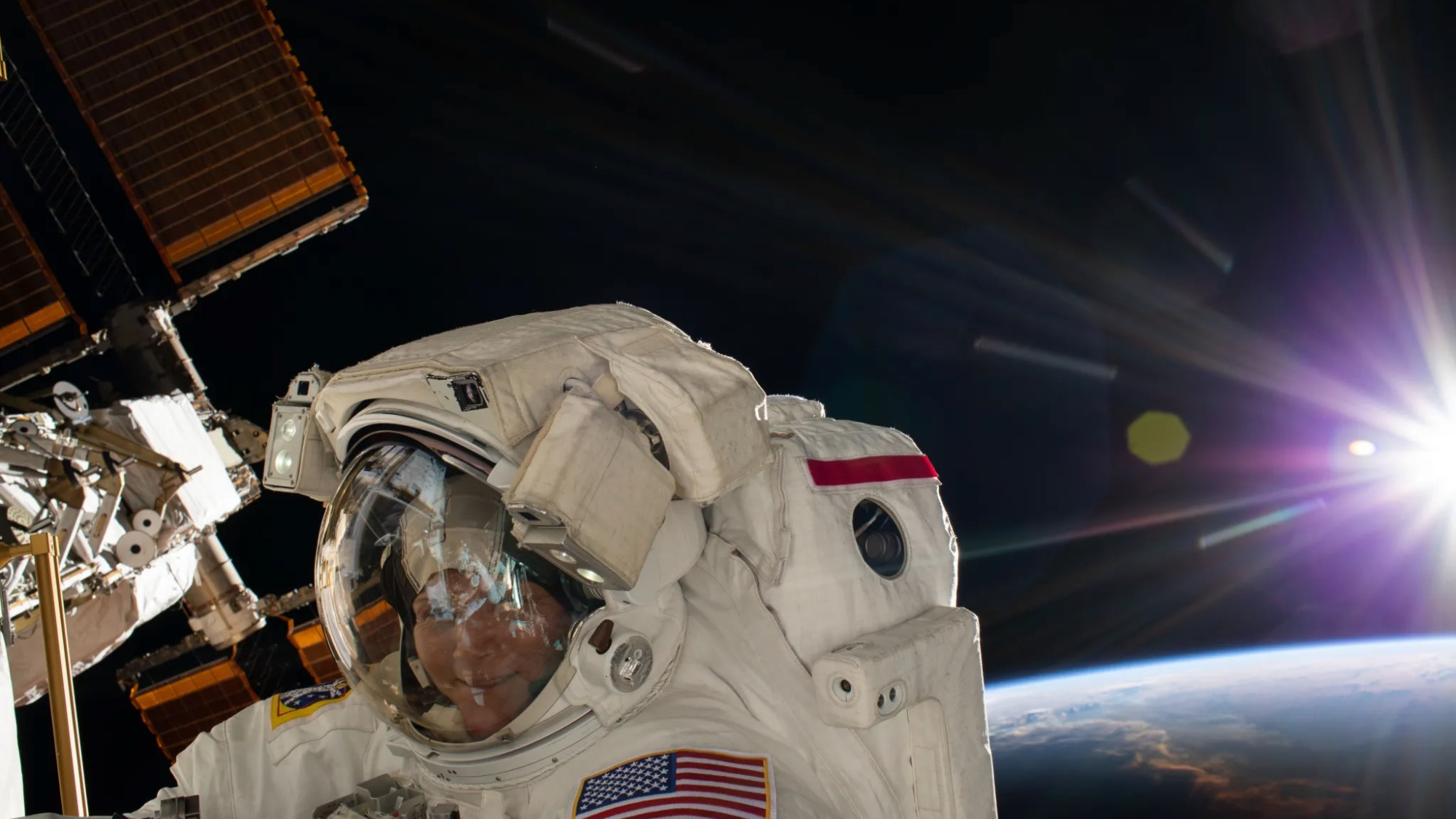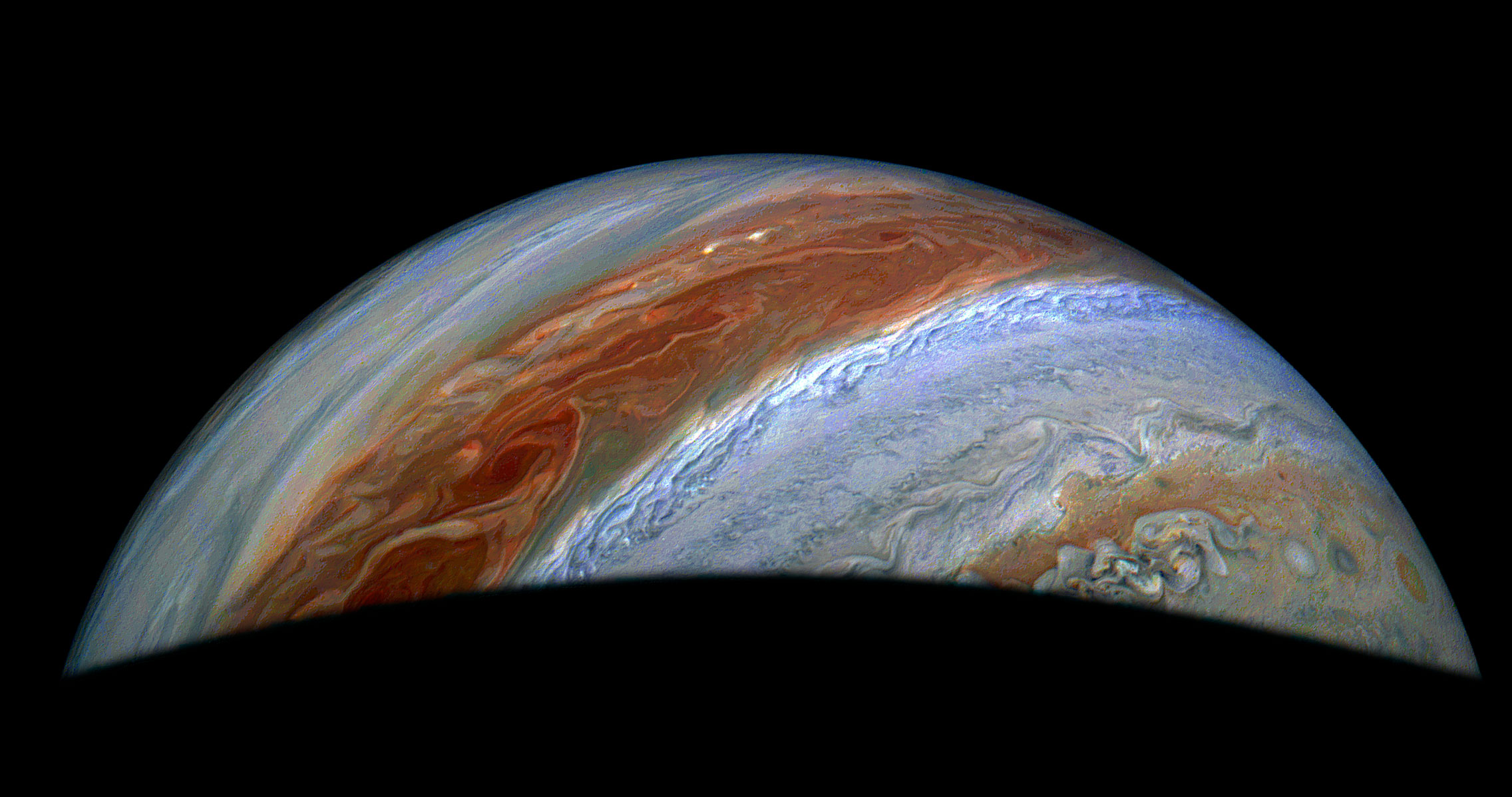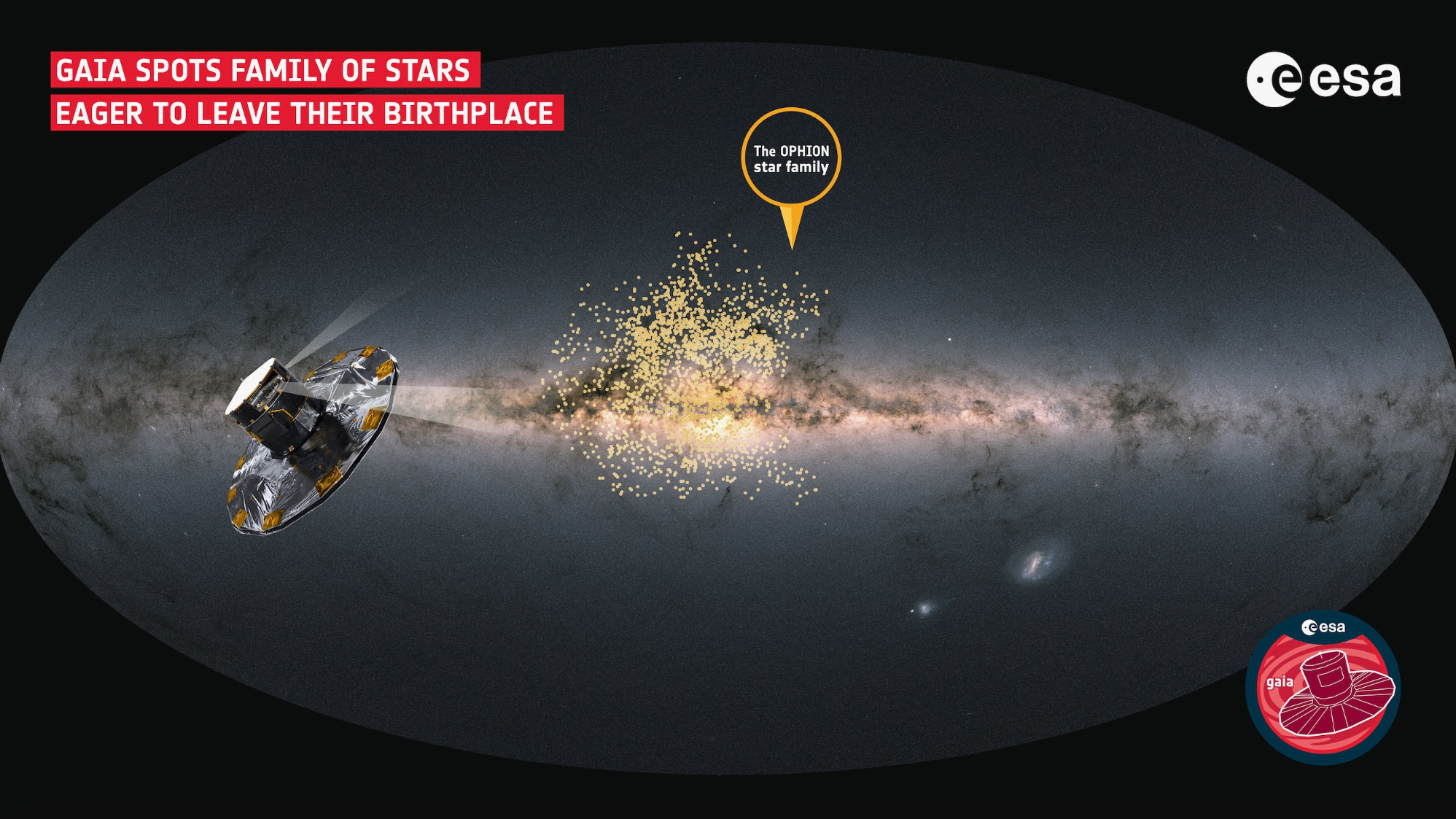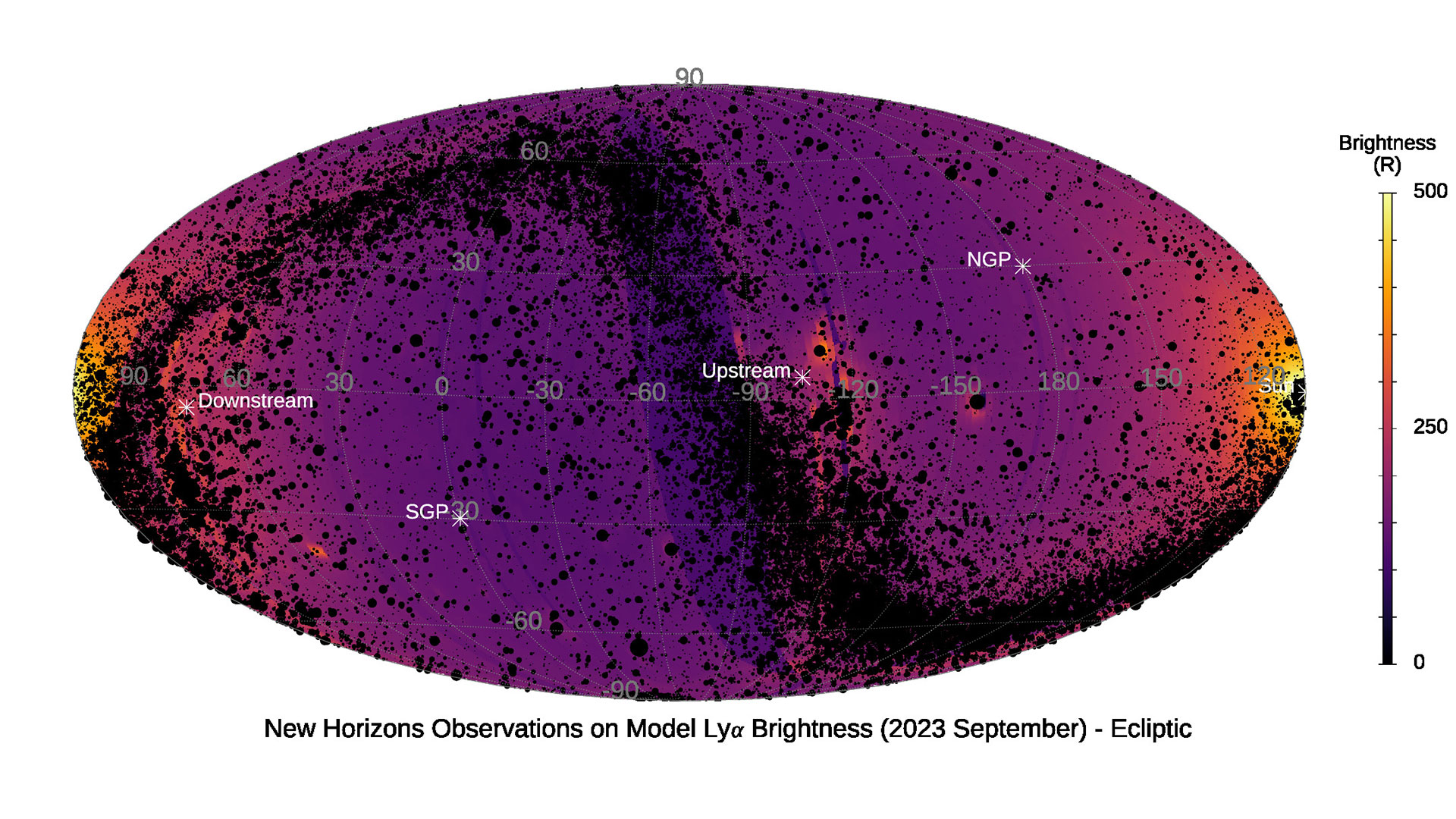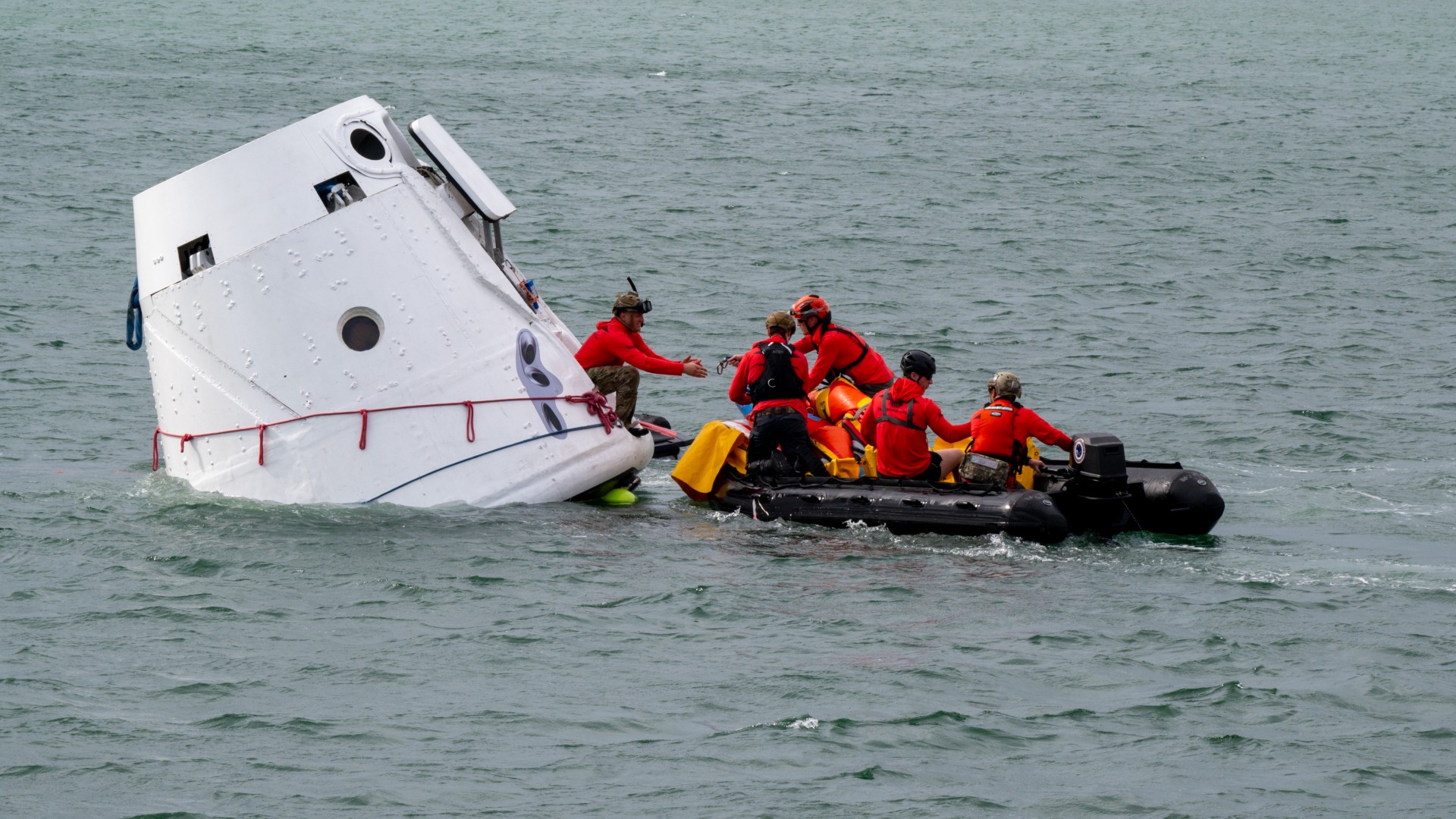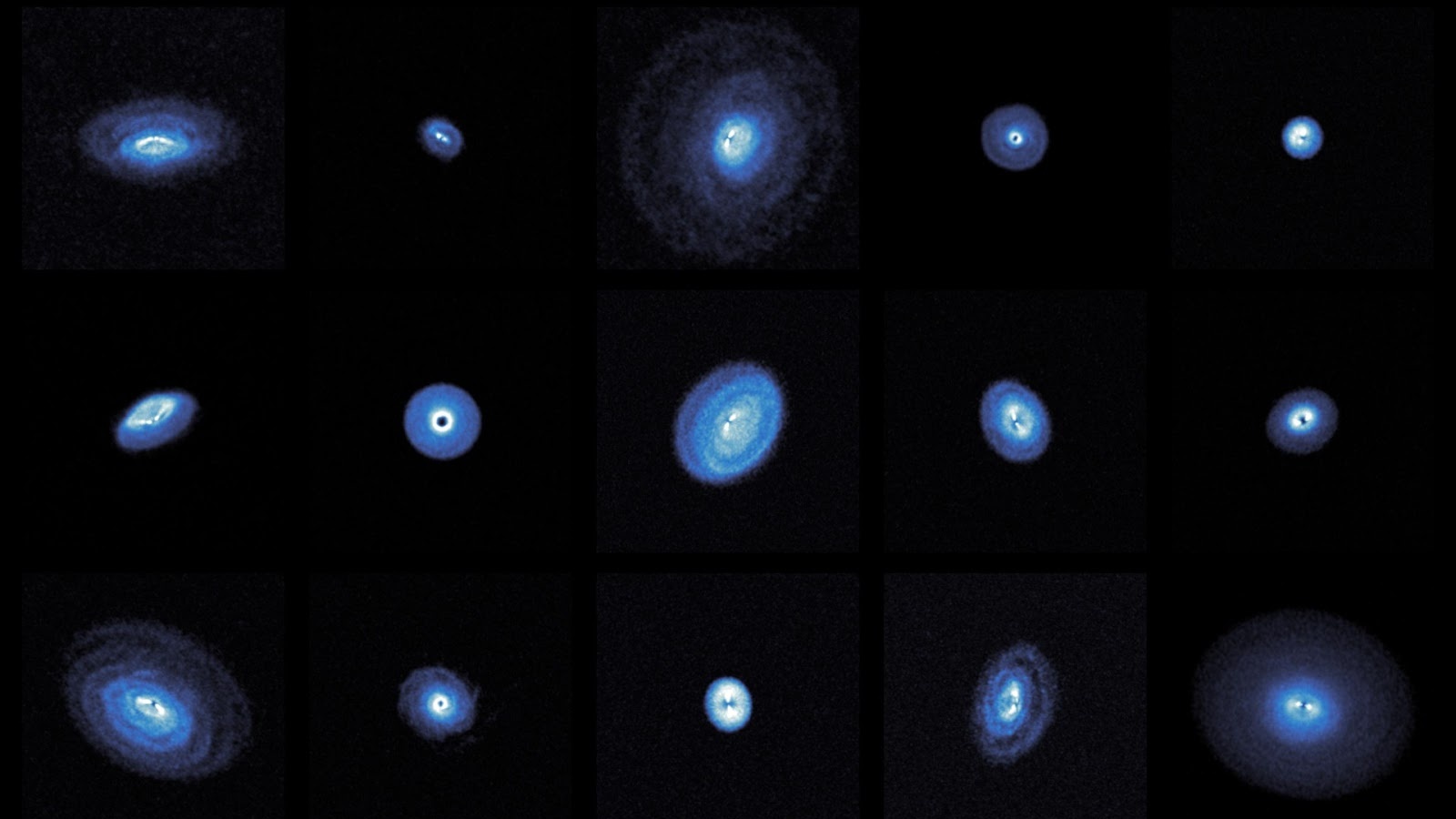'Space salsa' adds spicy kick to astronaut freeze-dried food
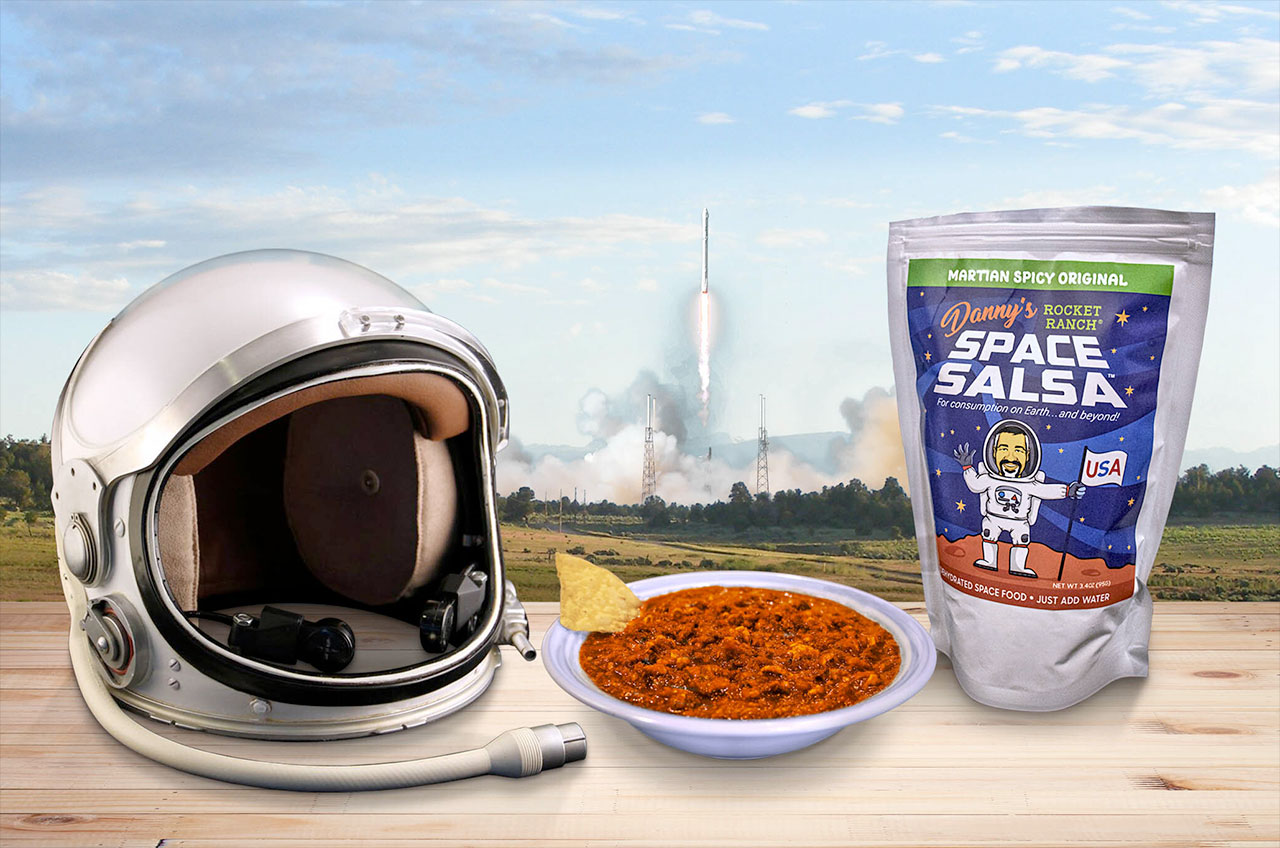
Move over astronaut ice cream: a retired science teacher's new recipe is ready to heat up the world of freeze-dried space food.
Danny's Rocket Ranch Space Salsa, created by educator and self-professed "space nerd" Danny Jaques, is set to officially launch for sale on Saturday (Aug. 15). Online orders began Friday for the new spicy space dish.
"This is my delicious southwestern recipe, adapted for flight into space to our astronauts," Jaques describes on the Danny's Rocket Ranch Space Salsa website. "Using space-age technology, the freshness of this tasty salsa has been frozen in time — ready to be unlocked and enjoyed anywhere ... the moon, Mars, or in your home!"
A portion of the space salsa sales will go to support sending kids to Space Camp at the U.S. Space & Rocket Center in Huntsville, Alabama. For all but 10 years of his 36 years teaching, Jaques escorted hundreds of students to Space Camp. He was inducted into the Space Camp Hall of Fame in 2010.
Related: Space food evolution: How astronaut chow has changed (photos)
Astronaut enjoyed
Jaques has been making salsa — the fresh, terrestrial type — for his family and friends for 30 years, but it was not until he brought a batch with him to a Space Camp pool party in 2018 that he got the idea that his salsa could go much further.
It was at the event that Jaques spoke with Dottie Metcalf-Lindenburger, a fellow educator and geologist who was the first Space Camp alum to become a NASA astronaut. Metcalf-Lindenburger launched on the space shuttle Discovery to the International Space Station (ISS) in 2010.
Get the Space.com Newsletter
Breaking space news, the latest updates on rocket launches, skywatching events and more!
"I said, 'Hey Dottie, do you think the people up on the ISS would like my salsa?'" recalled Jaques, "and she said sure. And I got the idea, I didn't know how I was going to do it, but I was going to come up with a way so we could sell it and raise money for Space Camp scholarships."
Metcalf-Lindenburger remembers encouraging Jaques to pursue the endeavor.
"I enjoyed Danny's salsa while we were at the Hall of Fame reunion; I think I ate a quarter to a half of a jar that he brought for the celebration," she said.
Tasty on Earth, the kick from Jaques' salsa might be especially appreciated by those in space. Microgravity affects astronauts' sense of taste, dulling the flavor of many foods. Jaques formulated the salsa to be thick enough to stick to foods.
"Spices are always a favorite in space — Tabasco, sriracha sauce, salsa, pesto, garlic paste, wasabi, etc., provide the strength of flavor we need and enjoy!" said Metcalf-Lindenburger.
Related: Space food photos: what astronauts eat in orbit
For consumption on Earth ... and beyond
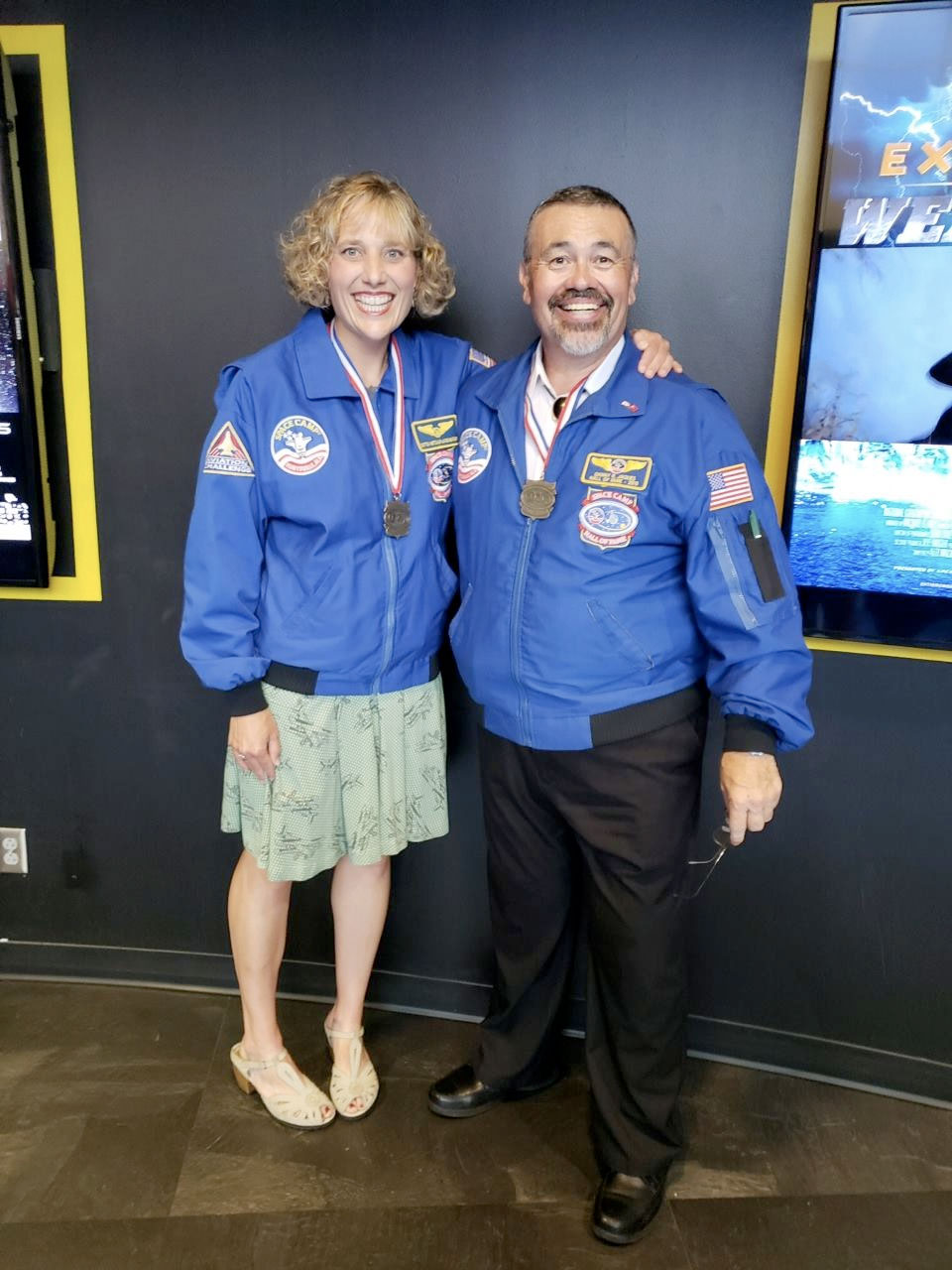
First thinking that he would need to dehydrate the ingredients himself, Jaques discovered he could source the tomatoes, green chile, onion, garlic and other components of his recipe as individual freeze-dried products. Mixed together with his blend of spices, it was then just a matter of working out how much water was needed to reconstitute the salsa and refine its flavor.
"I targeted medium [heat], so some people are going to say it's not hot enough and some are going to think it's too hot. I have 'Martian Mild' and 'Martian Hot' salsas in the pipeline," he said.
Jaques converted part of his property in Ignacio, Colorado — his "rocket ranch" — to be a commercial kitchen and is mixing and packaging the salsa himself.
"I am hand packing each one of them," said Jaques. "I am targeting 200 units a day, which translates to about a thousand units a week."
"And if I can get to a thousand units per week and I'm selling that, making and selling that much, I will be a pretty happy camper," he said. Packets of Danny's Rocket Ranch Space Salsa sell for $6.49 each and will be available initially at select stores in Colorado and at the Space & Rocket Center, as well as online.
Although there are other dehydrated salsas on the market, Jaques believes that his is the first to be aimed at consumers both on and off the planet. Fresh salsa, in small quantities, has been launched to the space station before, so Jaques is hopeful that his freeze-dried recipe, with a shelf-life of at least two years, will be of interest to NASA.
"I always wanted to be an astronaut, like many of us that go to Space Camp," said Jaques. "I may not make it as an astronaut, but boy, if I can get my product into space, that would be just as good."
Follow collectSPACE.com on Facebook and on Twitter at @collectSPACE. Copyright 2020 collectSPACE.com. All rights reserved.
Join our Space Forums to keep talking space on the latest missions, night sky and more! And if you have a news tip, correction or comment, let us know at: community@space.com.

Robert Pearlman is a space historian, journalist and the founder and editor of collectSPACE.com, a daily news publication and community devoted to space history with a particular focus on how and where space exploration intersects with pop culture. Pearlman is also a contributing writer for Space.com and co-author of "Space Stations: The Art, Science, and Reality of Working in Space” published by Smithsonian Books in 2018.In 2009, he was inducted into the U.S. Space Camp Hall of Fame in Huntsville, Alabama. In 2021, he was honored by the American Astronautical Society with the Ordway Award for Sustained Excellence in Spaceflight History. In 2023, the National Space Club Florida Committee recognized Pearlman with the Kolcum News and Communications Award for excellence in telling the space story along the Space Coast and throughout the world.
